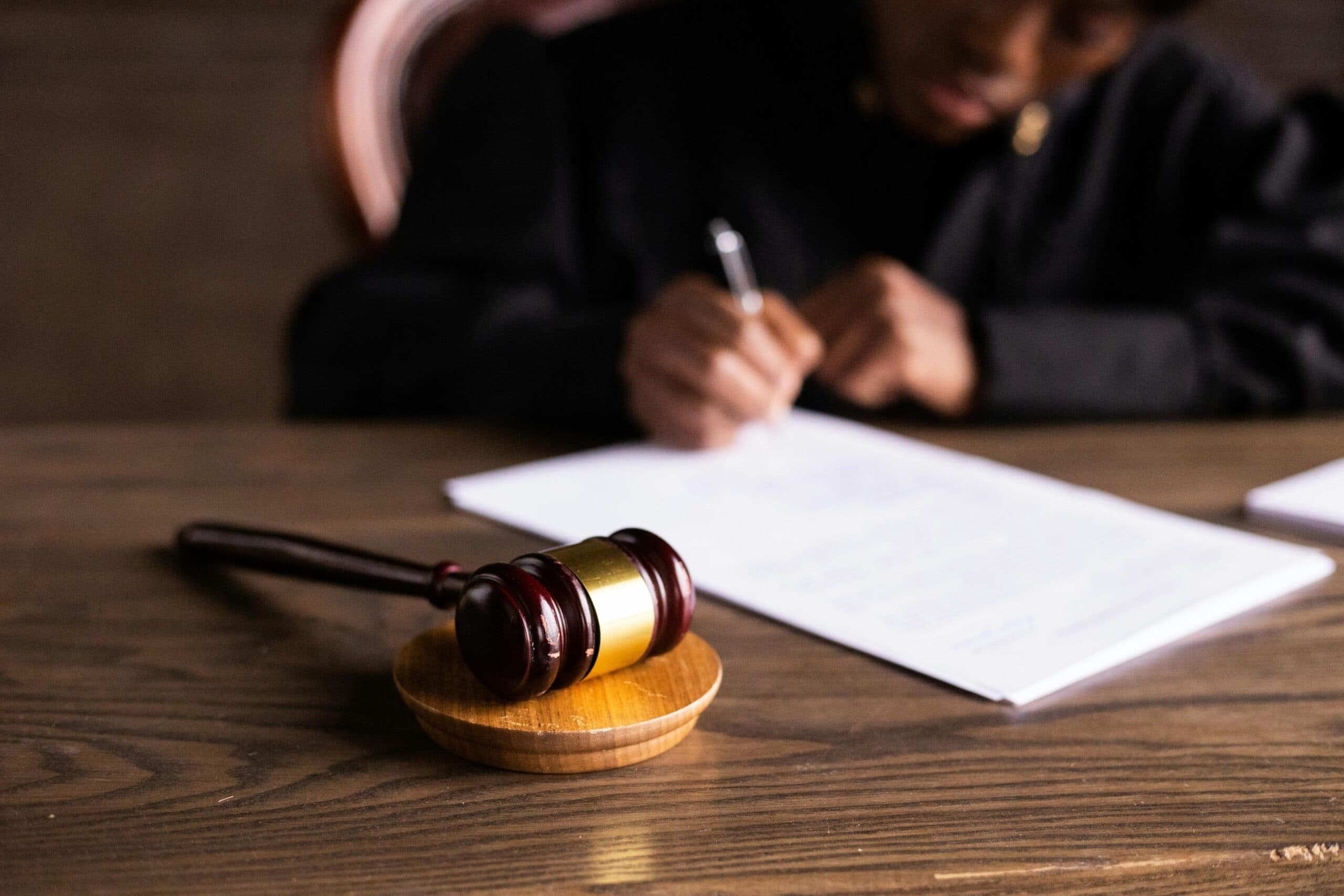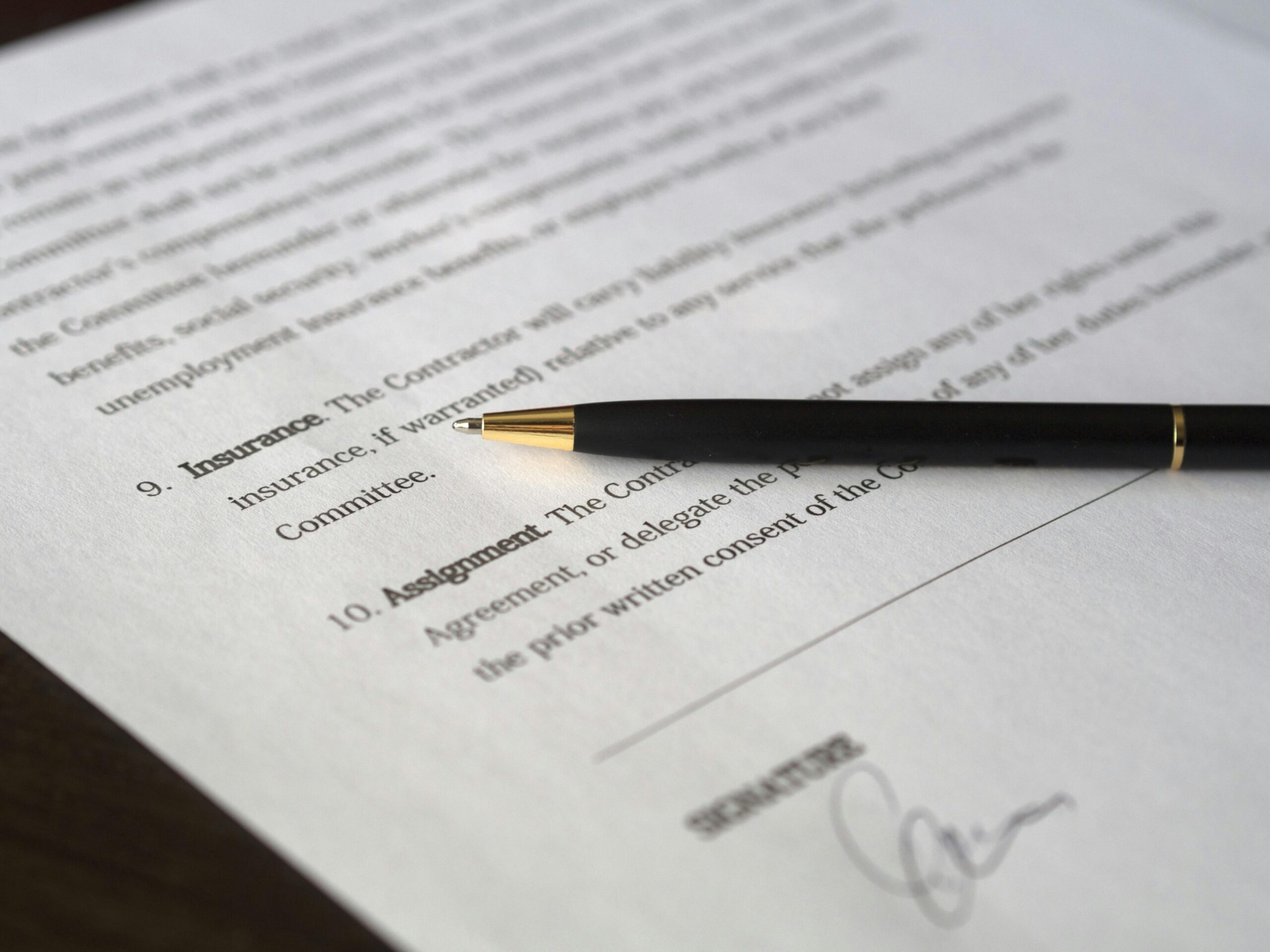
Defamation is a serious legal issue that can cause lasting damage to a person’s reputation. A defamatory statement can destroy careers, personal relationships, and even businesses. Defamation law exists to protect individuals from false allegations that harm their standing in society. However, people often confuse the terms slander and libel, which are the two categories of defamation. Understanding their differences is crucial when pursuing a defamation claim in court.
This article will break down written defamation and spoken defamation, explore legal protections under common law and constitutional principles, and explain how plaintiffs can seek actual damages. If you believe you have been defamed, seeking legal advice can clarify your rights under defamation law.
What is Defamation?
Defamation occurs when a false statement about a person is communicated to a third party, resulting in harm to that individual’s reputation. Courts categorize defamation into two types: libel and slander.
To successfully file a defamation case, the plaintiff must prove the following elements:
The defendant made a false statement of fact.
The statement was communicated to a third party.
The statement caused harm to the plaintiff’s reputation.
The statement was not protected by common defenses, such as truth or opinion.
Defamation laws balance the protection of individuals against false accusations with the constitutional right to speech under the First Amendment. The level of proof required differs depending on whether the plaintiff is a private individual, public official, or public figure.
Understanding Slander: The Legal Aspects of Spoken Defamation
Slander refers to spoken defamation, where a person makes a false statement that harms another’s reputation. Unlike libel, which is in written form, slander lawsuits can be more challenging to prove because oral words are fleeting.
Examples of Slander:
A radio host or YouTube channel falsely accuses a celebrity of committing a serious crime.
Someone spreads a false rumor at a workplace that a colleague has an infectious disease.
A public speaker falsely claims that a businessman engaged in fraud.
To win a slander lawsuit, the plaintiff must show actual damages, such as financial loss or harm to career opportunities. However, some defamatory words are so damaging that harm is presumed. These include statements that:
Falsely claim someone committed a serious crime.
Imply a person has a loathsome disease, such as an infectious disease.
Suggest someone is professionally incompetent.
Accuse someone of moral misconduct.
Since oral statements are fleeting, proving their impact can be challenging. Evidence such as radio broadcasts, witness testimony, and recorded conversations can strengthen a defamation case.
Libel: Defamation in Written Form
Libel refers to written defamation, where a defendant publishes a false statement that damages a plaintiff’s reputation. Unlike slander, libel is more permanent and can cause lasting harm.
Common Forms of Libel:
Text messages, emails, or social media posts containing false allegations.
Articles in newspapers or blogs that defame someone without factual basis.
Online reviews that intentionally spread false claims about a business or individual.
Because written defamation exists in tangible form, courts often consider it more damaging than spoken defamation. As a result, plaintiffs in libel cases may not always need to prove actual damages; the fact that written words exist can be enough to show harm caused.
Public vs. Private Plaintiffs: Different Legal Standards
Defamation law treats public officials, public figures, and private individuals differently. The Supreme Court has ruled that public figures and public officials must demonstrate actual malice to win a defamation case. This means proving that the defendant either knew the statement was false or acted with reckless disregard for the truth.
For private individuals, the standard is lower. They only need to prove negligence that the defendant failed to verify the statement’s accuracy. This distinction exists to protect speech on matters of public interest, preventing powerful figures from using defamation lawsuits to silence criticism.
Common Defenses in Defamation Cases
Not every negative statement is considered defamatory. Defendants in defamation claims often use the following common defenses:
Truth: A true statement cannot be defamatory, even if it harms a person’s reputation.
Opinion: If the statement is clearly an opinion, not a fact, it is not defamatory.
Absolute Defense: In some settings, such as courtroom testimony, statements are protected.
Public Interest: If the statement concerns issues of public interest, courts may grant leeway under First Amendment protections.
A strong attorney-client relationship with an experienced defamation attorney can help individuals navigate these legal questions.
What Damages Can a Plaintiff Recover in a Defamation Case?
Plaintiffs in defamation lawsuits can seek different types of damages depending on the harm caused:
Actual damages: Compensation for lost income, job loss, or other financial losses.
Special damages: Covers unique financial losses directly linked to the defamatory words.
Punitive damages: Courts may award extra compensation if the defendant acted with actual malice.
Given the complexities of defamation cases, hiring a skilled attorney is crucial to maximize compensation and protect one’s reputation.
Case Study: Johnny Depp v. Amber Heard – A High-Profile Defamation Lawsuit
One of the most widely publicized defamation cases in recent years was Johnny Depp v. Amber Heard (2022). The case provides a clear example of how defamation law, particularly libel, applies to public figures and the legal standards they must meet to succeed in a defamation claim.
Background of the Case
Johnny Depp, a well-known actor, filed a defamation lawsuit against his ex-wife, Amber Heard, after she published an op-ed in The Washington Post in 2018. While the article did not mention Depp by name, he argued that it falsely accused him of domestic abuse, causing significant harm to his reputation and career. Heard countersued, claiming Depp’s attorney had defamed her by calling her allegations a “hoax.”
Key Legal Issues and Court Findings
Since the case centered on a written statement (the op-ed), it fell under libel rather than slander.
Because Depp was a public figure, he had to prove Heard acted with actual malice. The jury ruled in Depp’s favor, awarding him $10 million in compensatory damages and $5 million in punitive damages, which the court later reduced.
Heard argued that her statements were protected under the First Amendment and that they reflected her opinion rather than false statements of fact. However, the jury determined her statements implied factual allegations, making them defamatory.
Key Takeaways for Defamation Cases
The Depp-Heard trial underscores the challenges of proving defamation, particularly for public figures. It also shows that while free speech is protected, false statements that harm a person’s reputation can still lead to legal consequences. If you believe you have been defamed, consulting an attorney can help determine whether you have a defamation case.
Take Legal Action with Bourassa Law Group
If you have been defamed through spoken or written defamation, you don’t have to face it alone. The Bourassa Law Group has extensive experience handling defamation cases, ensuring that plaintiffs receive the compensation they deserve.
Our skilled attorneys understand common law, defamation law, and First Amendment protections, providing personalized legal guidance for your unique case.
We offer a free consultation to discuss your situation and determine the best legal approach. Whether you need to pursue a slander lawsuit or establish a libel claim, we are here to help protect your reputation and recover the damages you deserve.
Contact us today to begin your journey towards accountability and justice.




